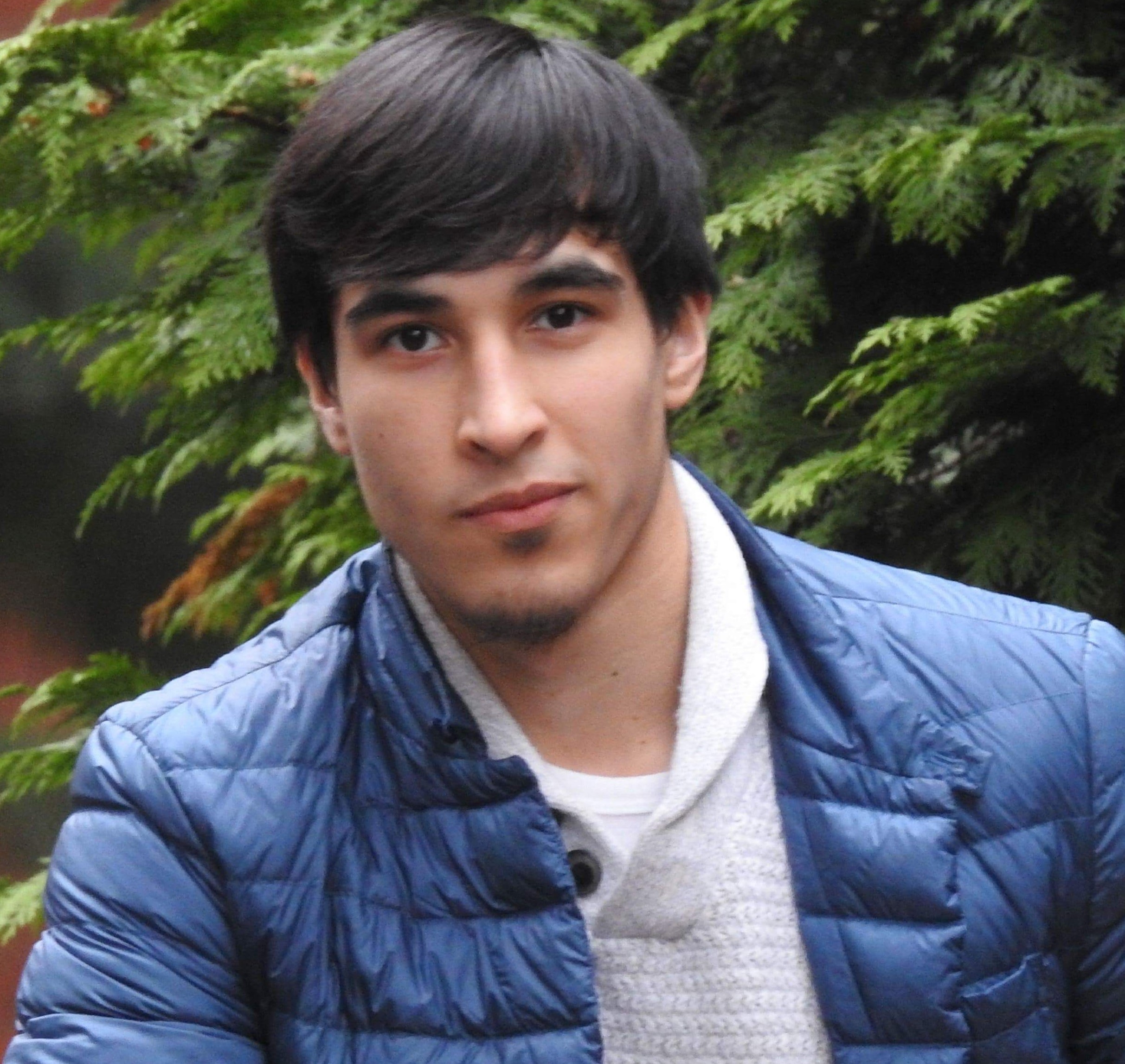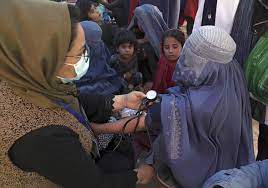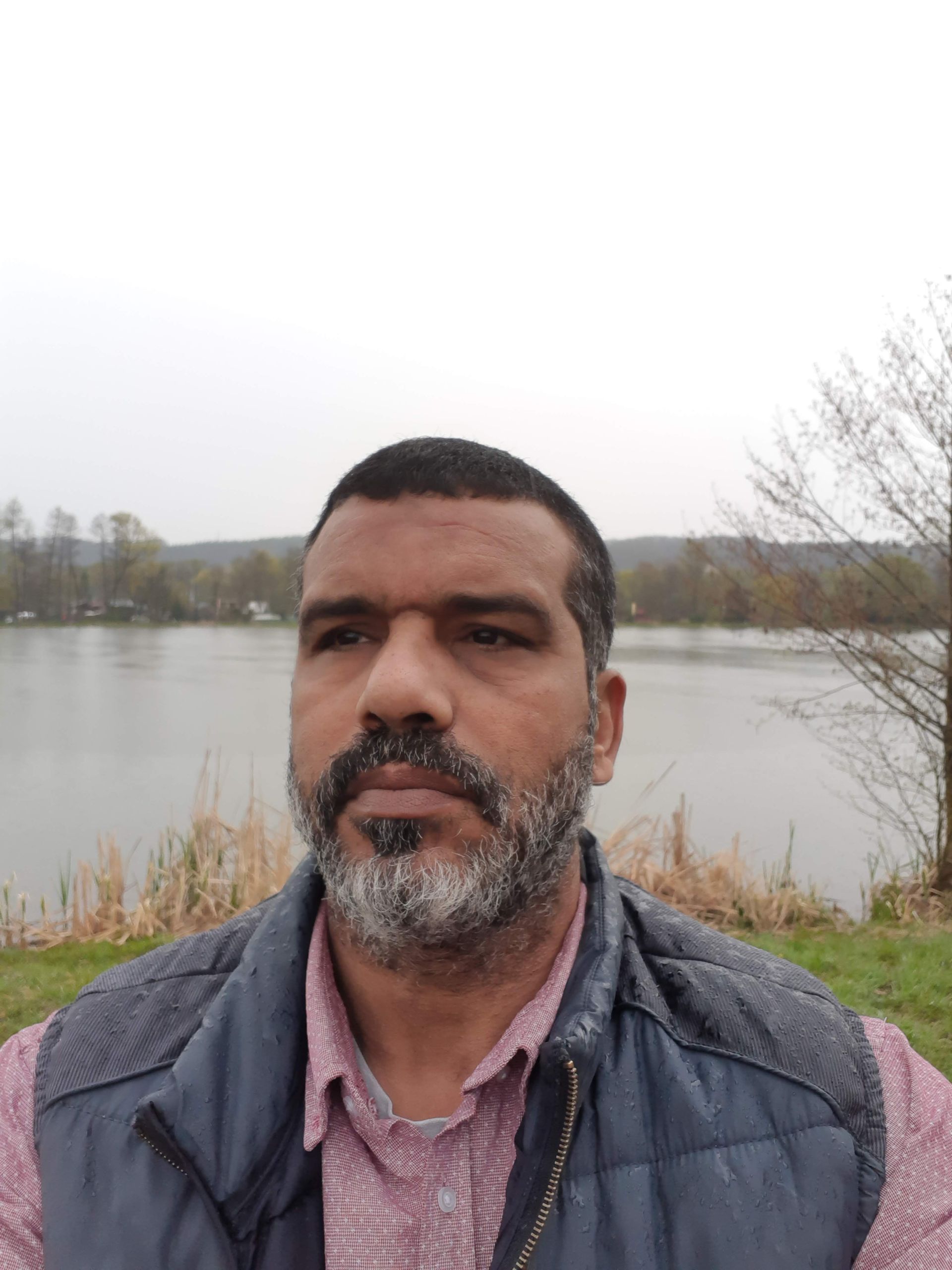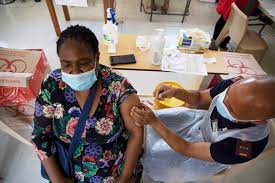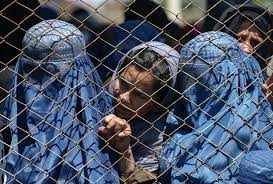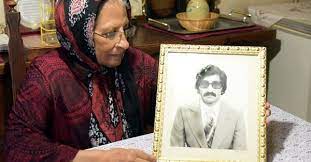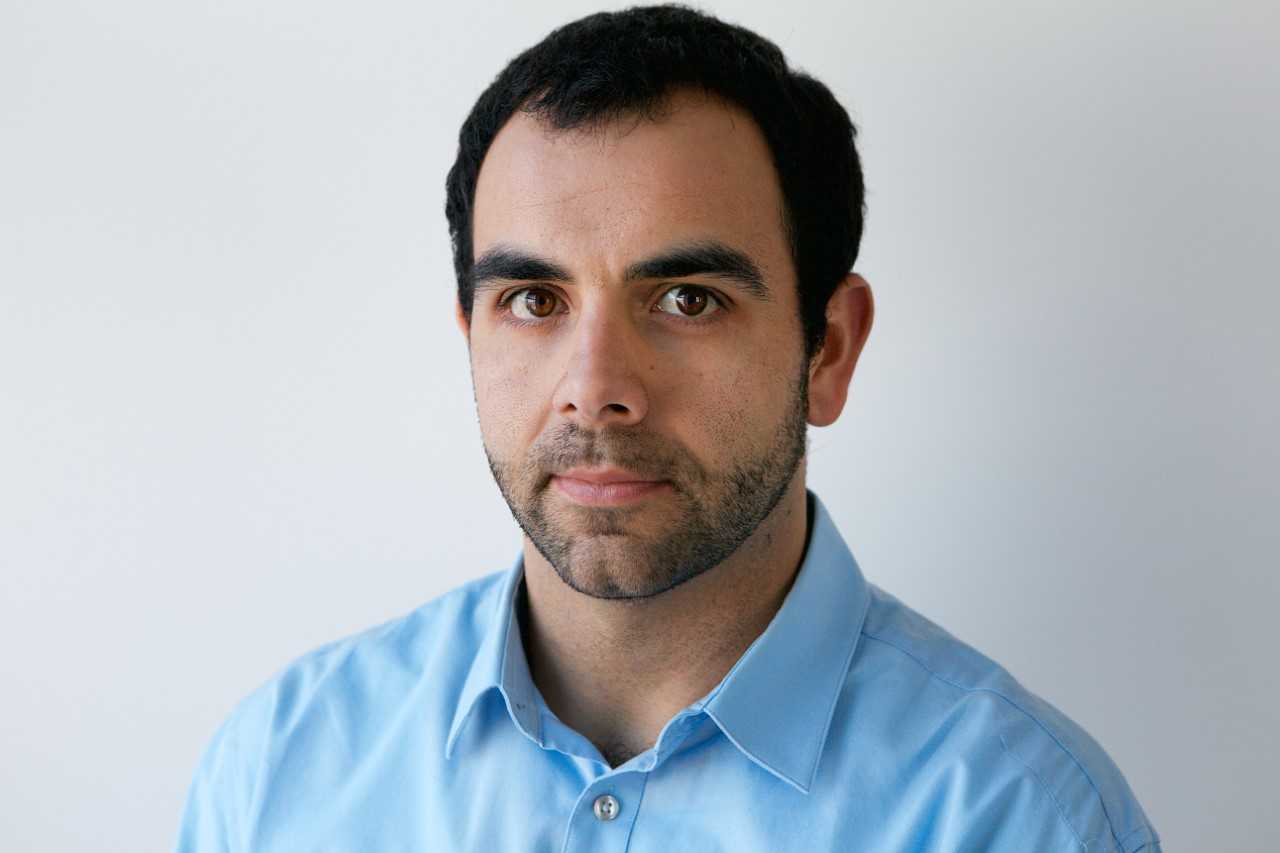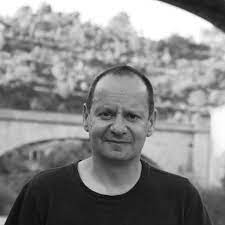South African student filmmakers tackle human rights in townships
![Film director, Mona-Lisa Nsima, standing in front of a portable toilet in Khayelitsha [Gilroy Rinkwest]](https://liberties.aljazeera.com/resources/uploads/2021/06/1623822246.jpg)
Film director, Mona-Lisa Nsima, standing in front of a portable toilet in Khayelitsha [Gilroy Rinkwest]
June 16 is South Africa’s National Youth Day, commemorating the student-led uprising against the Apartheid system in 1976. Beginning in Soweto – Johannesburg’s Southwest Township, an area demarcated for black residence, the protests spread across the nation. On June 16, the police’s brutal response resulted in 127 people – mainly under the age of 18 – losing their lives and approximately 700 others over the days that followed. Looking back we know that when the world saw images of that township uprising it signalled the beginning of the end of the Apartheid system.
Forty five years later, during South Africa’s iconic Youth Month, 18 young student filmmakers – mainly from townships themselves – are once again sharing powerful images of South African townships with the world at Encounters South African International Documentary Film Festival, held from 10 to 20 June 2021. The three films tell stories of toilets, waste reclaimers and social welfare grants to shine a light on what human rights mean in the face of stark inequalities. (See trailers here.)
Sponsored by the United States Embassy in South Africa, DOCi Emerging Filmmakers Programme is a 12-week, hands-on course, equipping aspiring filmmakers with the technology and skills to turn a human-rights lens onto their own communities. The results are often brutally honest portraits of people who are surviving – and attempting to thrive – in some of South Africa’s harshest living conditions.
The co-founders of DOCi describe themselves as being “two old white guys” determined to be a part of changing the face of South African filmmaking. In 2017, Cape Town based Hollywood producer Michael S. Murphey, best known for global blockbusters like District 9 and Judge Dredd, joined Malcolm Kohll, former head of prestigious South African film school, AFDA, to start DOCi with the aim of providing practical, employable skills to black filmmakers.
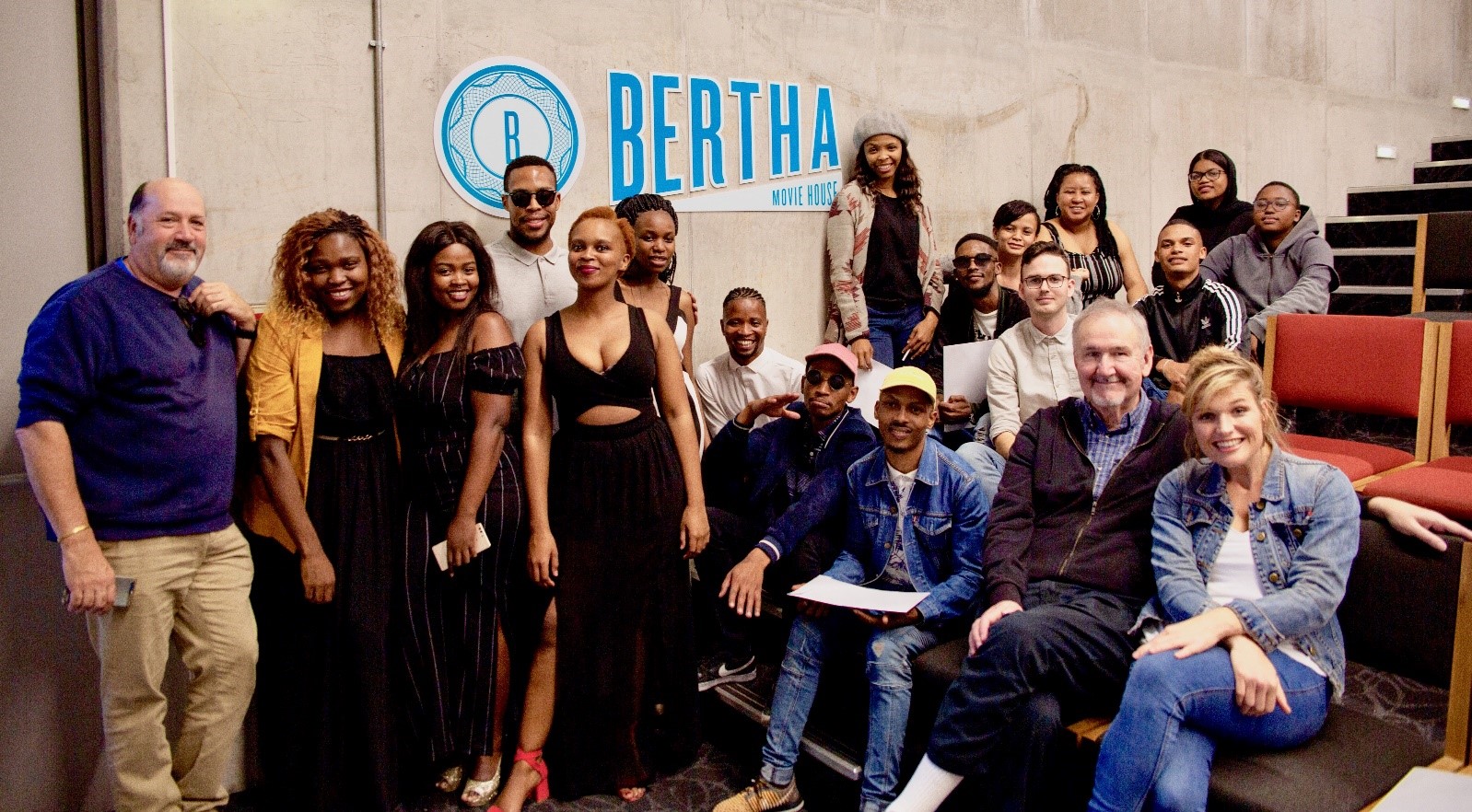
Murphey said: “In the twenty years that I’ve been making movies in South Africa, very little cultural and racial transformation has happened in the local film industry. If we don’t make film school more affordable, we’ll never see transformation in the stories South Africa tells the rest of the world.”
And the cries for affordable tertiary education have never been clearer. In 2015 student protesters shut down university campuses across the country with the rallying cry of Fees Must Fall. The government’s eventual response was to cap university fee increases and revise its subsidy system. But film school in South Africa is largely in the hands of private institutions which remain unaffordable except for a narrow, well-resourced tier of the population.
The stories coming out of DOCi are often visceral reminders of life outside of that tier. How the majority of South Africans are living 45 years after Hector Pieterson’s bloodied body shocked the world into taking action against apartheid.
“People shouldn’t have to risk their lives to use a toilet”
One of South Africa’s largest and fastest-growing townships is called Khayelitsha – isiXhosa for New Home. Named and created by the Apartheid government in 1983, it was purposefully built to accommodate all ‘legal’ black residents in a “easily-controlled township’. Today, home to more than 5 million residents, and constantly in the news for violence, service delivery strikes, land invasions, inhuman demolitions and illegal home evictions, there is nothing purposeful or easily controlled in Khayelitsha.
This is where 23-year-old filmmaker, Mona-Lisa Nsima, shot her short film entitled Toilets To Let. “I wanted to tell a story about injustice and dehumanisation in the township. No one deserves to put their life in jeopardy just to use a toilet.” She explains. Her film follows the experiences of ordinary Khayelitsha residents trying to meet their most basic human needs with the limited, compromised toilet system provided by the government.
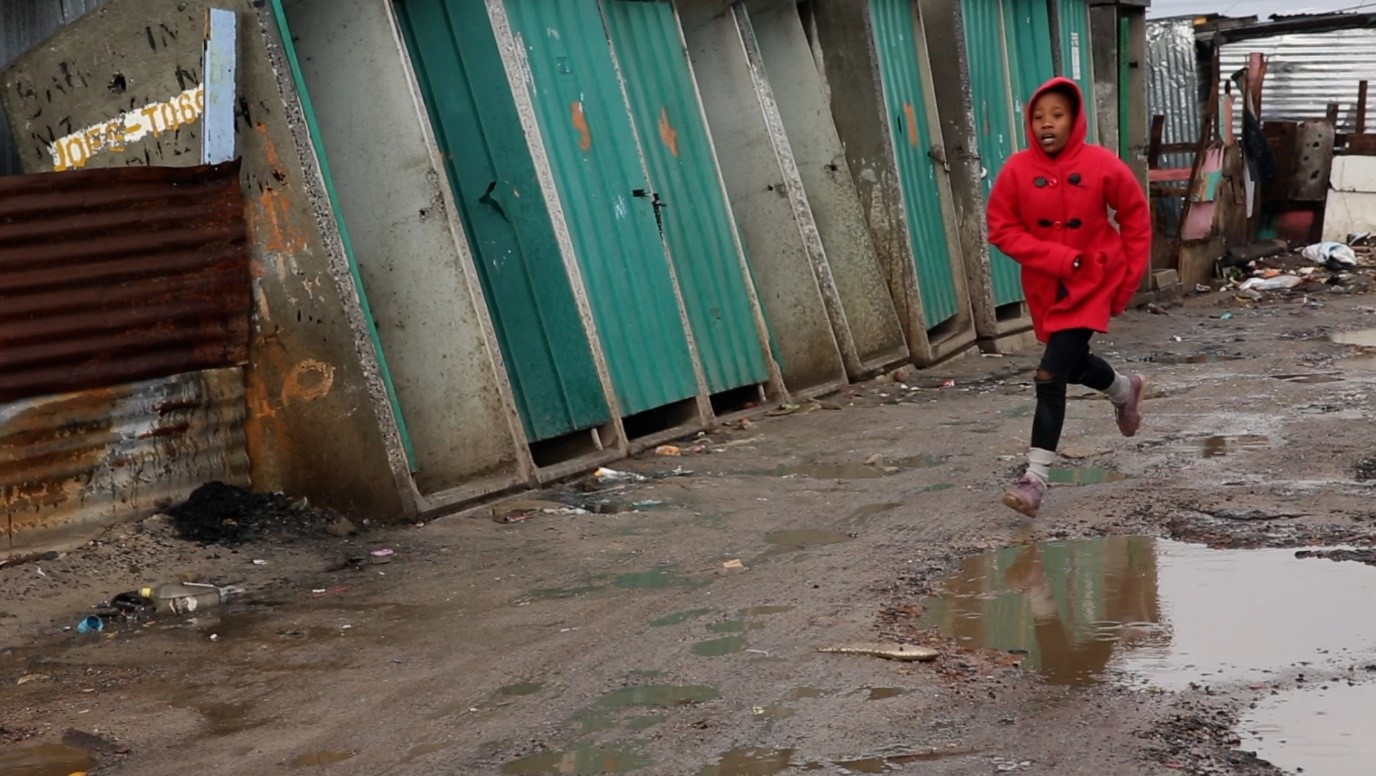
An interview with a resident reveals the precarious status of Khayelitsha and so many townships like it: “Having [been] built on land with no infrastructure, the government installed these toilets saying that they were temporary. Since 1996 we have had these chemical toilets. Instead of changing them they just replaced them with a different type of bucket system.”
Around the world the chemical toilets described are commonly seen on construction sites or festivals, but in Khayelitsha they have been a permanent fixture for several decades, often servicing 5 to 20 multi-generational households. The ‘bucket system’ is a dark, complex hangover from the Apartheid era that every president since Nelson Mandela has promised to eradicate and failed.
The film reveals the lived experience of this failure in harrowing detail. The accounts of maggots and babies’ bodies being found, and rape and murder taking place in these toilets provide context for the public rage and the so-called poo-protesters, who in 2013 and 2017 stormed and looted the airport and municipal buildings, emptying containers of human excrement, demanding better service delivery.
The young filmmaker’s investigation leads her to the office of the Social Justice Coalition, a member-based social movement that has been campaigning for proper sanitation since 2010 and was forced to take legal action in 2016. According to their research the cost of servicing one chemical toilet for a year is equivalent to the cost of building 10 flushable toilets. “Because chemical toilets have to be serviced every three days and therefore the municipality has to pay millions of Rands to these private companies every month.” says SJC General Secretary Axolile Notywala.
And so, for him and perhaps the filmmaker, the overriding question is who is benefitting from the ‘temporary’, out-sourced solution to the dehumanizing problem of sanitation in townships?
‘Just one of the many untold stories’
The two other DOCi films premiering at Encounters this year cover just as pertinent a set of human rights issues. From how a single mother of three makes ends meet with a government grant of less than US$1 per child per day; to the crucial but despised role of waste reclaimers, known as Street Dogs, in densely populated townships.
Deborah Matthee is a South African writer and producer.




